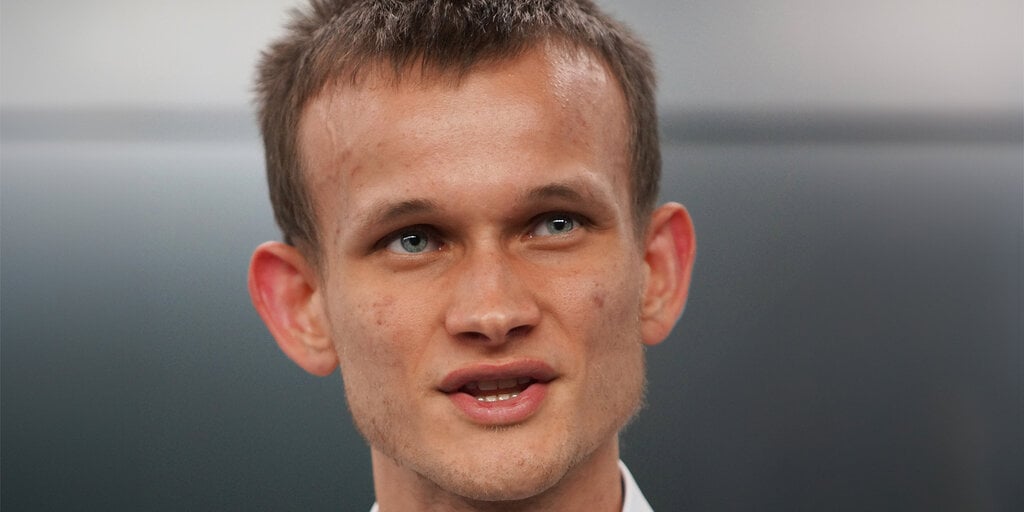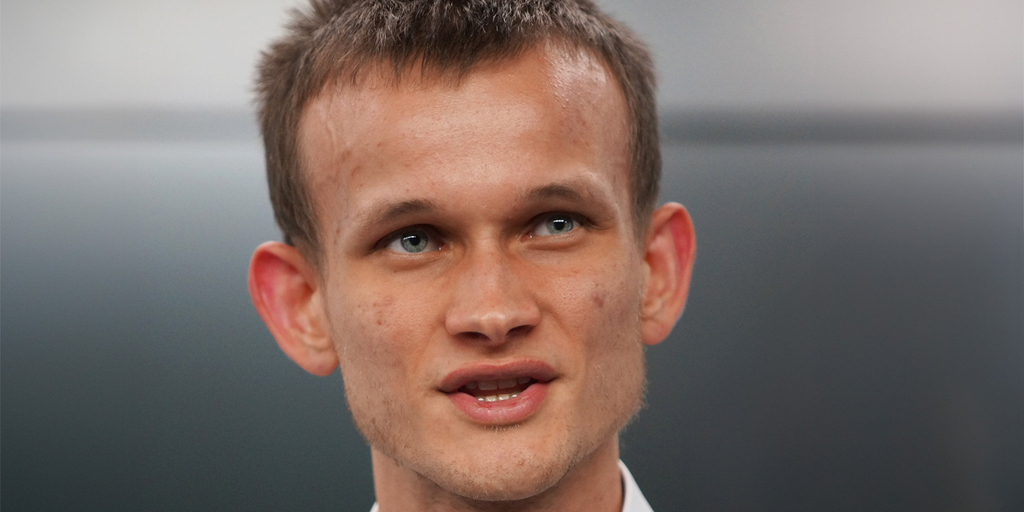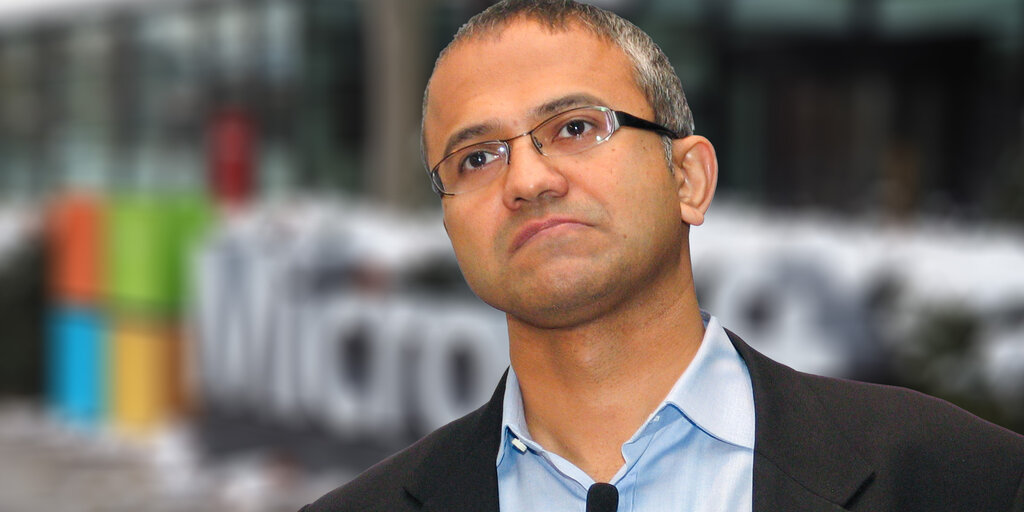Ethereum’s founder revisited the “Bitcoin block size war” in the late 2010s, reconsidering his alliance with the “big block” camp, and now acknowledged that “small blocks” have won for good reason.
Vitalik Buterin published a lengthy blog post on Friday about how Bitcoin should be expanded, upgraded and managed, looking back at two Bitcoin history books that tell the story from opposite sides of the debate.
Buterin said advocates of larger block sizes want a hard fork upgrade that could increase Bitcoin’s transaction throughput. But looking back, he believes that the big disruptors lacked the capacity to properly execute his vision, and that this largely contributed to the failure to change Bitcoin.
“Small blockers make far fewer embarrassing technical mistakes and are less likely to get into positions that lead to nonsensical consequences when trying to reach logical conclusions,” Vitalik wrote.
In general, small blockers wanted to keep the Bitcoin blockchain lightweight in terms of storage requirements for regular users and prevent Bitcoin changes from being normalized by large, centralized special interest groups.
In contrast, large blockers wanted to maintain reasonable prices for small users to transact on-chain without relying on a centralized layer 2 system created by Bitcoin development company Blockstream.
Vitalik cited “The Blocksize War” by Jonathan Bier, which provides a small-scale blocking perspective on the conflict, and Roger Ver’s recently published “Hijacking Bitcoin”, which comes from a large-scale blocking perspective.
Referring to Bier, Vitalik said there is a lack of diverse implementations of Bitcoin presented by large blockers.
“Bitcoin Classic was not well-written code and Bitcoin Unlimited was unnecessarily overly complex,” he said.
“One of the worst things is that big blockers never agree on realistic limiting principles on how big blocks should be used,” he added. Moreover, the now-discredited alliance of Craig Wright and many other big blockers also significantly damaged their reputations.
Vitalik said the big blockers suffer from a “one-sided competency trap” where all the smart and capable people gather behind the opposition movement. Ultimately, he believes the faction prioritized ‘opposition’ over ‘construction’ and also had difficulty integrating efforts into one chain.
As of today, the little blocker has won. However, many developers believe that Bitcoin is currently facing a similar existential crisis.
Bitcoin Core developer Matt Corralo recently claimed that Bitcoin’s future as a peer-to-peer currency looks “bleak.” Because there is still no effective solution to scale transactions without relying on intermediaries. This rekindled the surrounding controversy. soft fork proposal It explains when and how Bitcoin’s code should be changed, and what Bitcoin’s ultimate goal should be.
According to Vitalik, the best way to ease the political tensions surrounding these issues is not through “compromise” but through “new technologies” that satisfy all sides of the debate. For example, ZK-SNARK is a privacy and scaling solution, and I was disappointed to see it mentioned “exactly zero times in both books.”
“The development of Inscriptions and later BitVM has created new possibilities for Layer 2, enhancing what can be done with Lightning,” he added.
As Buterin suggests, many project teams are currently working on techniques to verify zkSNARKs on Bitcoin based on Robin Linus’ BitVM framework. This enabled the first decentralized Bitcoin “rollup”. In other words, it is a scalable system for processing many transactions in a fast off-chain environment before batching them on-chain into one ultra-efficient transaction.
One such project is BitcoinOS. It’s a roll-up platform in development that developers say can scale Bitcoin transactions 10x while remaining decentralized enough “to defeat nation-state attackers.”
Additionally, the platform does not require any consensus changes to Bitcoin Core in order to function.
“Vitalik is right. With ZK, everything can be built on top of Bitcoin and most block size debates become irrelevant,” BitcoinOS contributor Edan Yago said in a message: decoding. “In fact, if ZK had existed at the time, Vitalik would have undoubtedly built Ethereum on top of Bitcoin.”
“For this reason, the next generation of Vitalik will emerge in the Bitcoin rollup ecosystem,” Yago predicted.
daily report newsletter
Start your day today with top news stories, original features, podcasts, videos and more.





